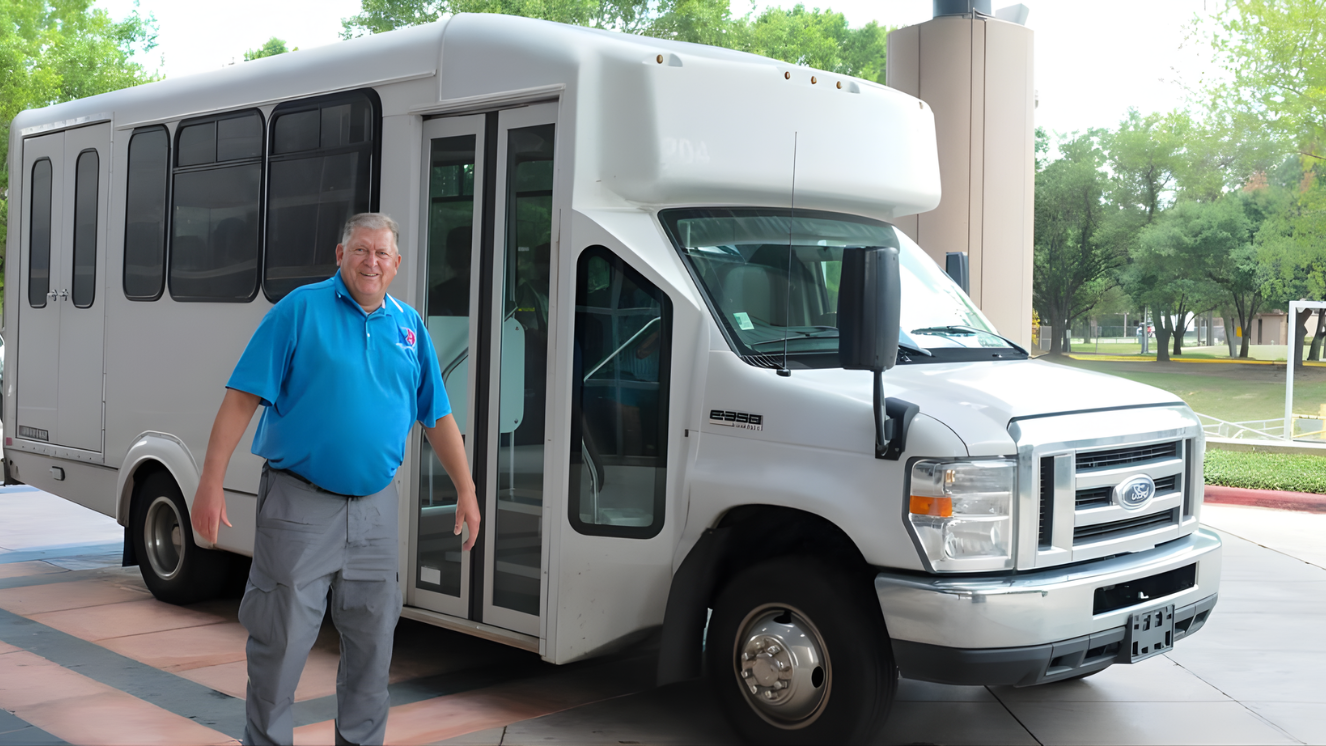TRANSITIONING FROM THE MILITARY? CHECK OUT THE VET CENTER
COMMENT
SHARE

In 1979, it became clear that those returning from the War in Vietnam weren’t adjusting back to civilian life easily. Obviously, this can be a huge problem for everyone involved, as military and civilian life are vastly different. Thus, the creation of Vet Centers (Readjustment Counseling) came to be. These community-based organizations are part of the U.S. Department of Veterans Affairs (VA) and continue to help Veterans who have fought in a number of wars to defend America. Read next:Veteran Food Stamps: Eligibility, How To Apply, and How It Works
What Does a Vet Center Do?
The focus of a Vet Center is to help military members and their families transition into civilian life. Readjustment counseling is available to help with trauma, and family counseling can be provided to help families. Eligible Veterans, active-duty service members, including National Guard and Reserve components, and their families can receive a wide range of social and psychological services at a Vet Center, including professional readjustment counseling. A wide range of counseling sessions are available and can even be used in conjunction with other VA services and benefits. As many of the Vet Center counselors and staff are also Veterans, this is a great place to find relatable people to talk to for members of the military community. Vet Centers work with the VA but are somewhat independent, as well. Furthermore, they're also in association with the VHA (Veterans Health Administration).
Who's Eligible for Services
Vet Center eligibility for services is open to a wide variety of military members with the ultimate goal of assisting with transitioning back to civilian life. One of the key qualifications for those using this benefit is to be a Veteran that served in one of the following conflicts:
- World War II (including American Merchant Marines).
- Korean War.
- Vietnam War.
- Lebanon.
- Grenada.
- Desert Storm/ Desert Shield.
- Bosnia Kosovo.
- Operations in the former Yugoslavia area.
- Global War on Terrorism.
- Operation Enduring Freedom.
- Operation Freedom's Sentinel.
- Operation Iraqi Freedom.
- Operation New Dawn.
It’s important to note, however, that Veterans who served other conflicts not listed above may qualify, including future conflicts as they arise. Veterans and current service members, including National Guard and Reserve members, can also qualify through these events:
- Suffered military sexual trauma (MST).
- As an active military member, rendered mortuary services and direct emergent medical care to war casualties.
- Supported operations in a combat theater or hostile area as a member of an unmanned aerial vehicle crew.
- If you were a Vietnam-Era Veteran and accessed care at a Vet Center before January 2, 2013.
- Under orders of the governor or chief executive of a state to respond to a disaster or civil disorder in that state or served on active military duty as a result of a national emergency or major disaster declared by the President.
- Regardless of where it occurred, you either are or were a member of the Coast Guard that was a part of a drug interdiction operation.
- You may be a current Reserve Component assigned to a military command in a drilling status, including the active Reserves, whose behavior or psychological trauma has adversely affected your quality of life or your adjustment to civilian life after serving in the military.
In addition, family members of qualifying Veterans and military members can also partake in Vet Center services when necessary.
Services Available at the Vet Center
A Veterans Affairs Vet Center offers plenty of services to those who qualify. Here are some of the resources available to the military community:
- Counseling for both individuals and groups.
- Family counseling for issues relating to the military.
- Bereavement counseling for families suffering an active-duty death.
- Counseling for military sexual trauma.
- Outreach and educational resources, including PDHRA, community events, etc.
- Substance abuse assessments and employment assessments.
- Assistance with explaining your VBA benefits.
- Screening for medical issues, such as TBI, depression, and more.
- Referrals are also available when necessary.
Vet Center services help with transitioning back into civilian life and restoring families within our military community.
Find a VA Center Near You
To find VA locations, you can do so with only a few clicks. With 300 VA Vet Centers available to the military community, there's likely one near you. A simple online search featuring information surrounding your personal location will help you find the nearest center.
Need Help Now? Call the Vet Center Call Center
https://youtu.be/F9BbfkPUJa8 Of course, if you need help and can’t make it in person, or it’s at an odd time, options are available. By dialing 1 (877) WAR-VETS, you can receive assistance 24/7 for free. The benefits are already paid due to the service from Veterans that keep us all free. The Vet Center is a great option for the military community and is just one way we can help our heroes transition to a civilian lifestyle. Suggested read:Informational Interviews: A Veteran's Secret Weapon for Landing a Job
Image: fwbusiness | Lisa Esquivel Long
Join the Conversation
BY BUDDY BLOUIN
Buddy Blouin is a Contributing Writer at VeteranLife.com
Buddy Blouin is a Contributing Writer at VeteranLife.com



